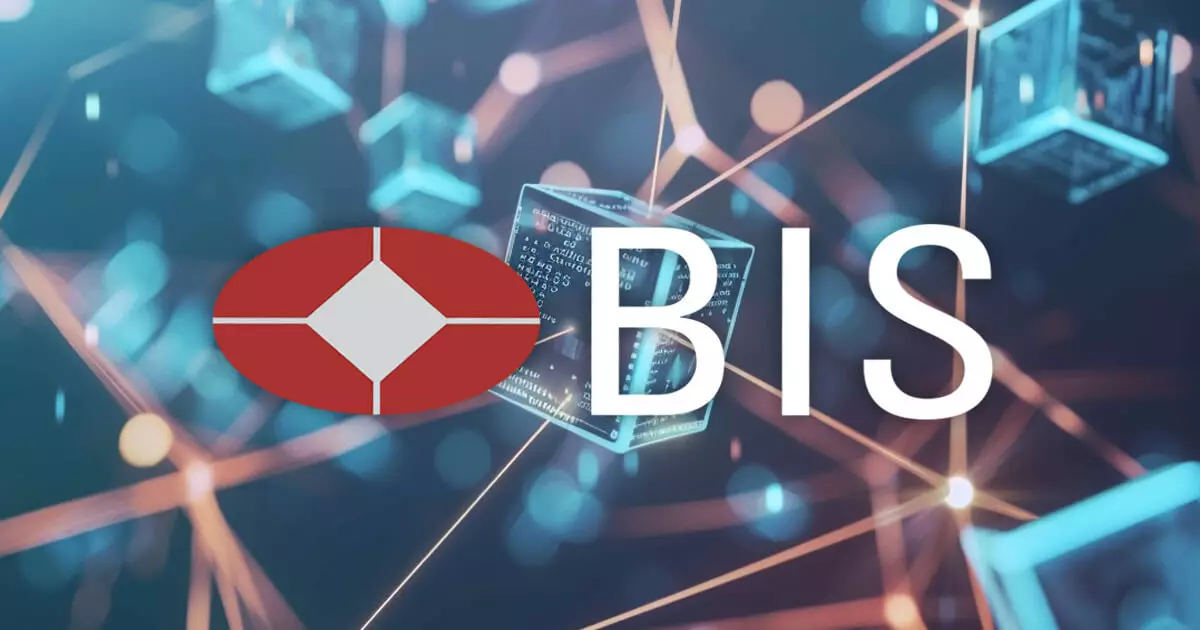In a decisive effort to streamline cross-border transactions, the Bank for International Settlements (BIS) has engaged in a collaboration with several central banks, including those from Australia, Korea, Malaysia, and Singapore. Announced on October 28, this initiative—dubbed Project Mandala—serves as a significant innovation in addressing the regulatory complexities that often hamper international finance. The collaboration underscores the necessity of adapting to diverse regulatory landscapes that can complicate compliance, inadvertently increasing costs and prolonging transaction timelines.
Cross-border transactions are notoriously fraught with complications stemming from inconsistent regulatory frameworks across different jurisdictions. These challenges not only complicate compliance but also expose financial institutions to risks that can escalate costs and hinder efficient operations. The vision behind Project Mandala is to provide an ingenious solution that not only ensures adherence to regulatory norms but also enhances operational efficiencies through automation. By leveraging automation in compliance processes, Mandala seeks to minimize manual interference, thus reducing chances of error and increasing transparency.
Central to Project Mandala’s methodology is the “compliance-by-design” approach. As articulated by Maha El Dimachki, Head of the BIS Innovation Hub Singapore Centre, this strategy not only prioritizes regulatory integrity but also safeguards user privacy. This innovative framework is geared toward establishing real-time reporting protocols that enhance transparency around country-specific regulations, marking a significant departure from traditional exposure to compliance challenges in cross-border finance.
Project Mandala has remarkably reached the proof-of-concept stage, aligning its goals with the G20’s agenda for improving cross-border payment efficiencies. One of its standout features is the willingness to embrace decentralized systems, allowing for a robust and flexible architecture that supports compliance checks embedded within various financial institutions. This ambitious blueprint includes a peer-to-peer messaging system, a rules engine, and a proof engine, effectively ensuring that compliance checks are completed prior to payment initiation. The integrity of these checks culminates in the generation of compliance proofs, streamlining the transaction processes significantly.
Another promising aspect of Project Mandala is its capacity to integrate with existing digital asset settlement systems—like central bank digital currencies (CBDCs) and conventional messaging platforms such as SWIFT. This dual compatibility not only showcases Mandala’s adaptability but also reinforces its potential to facilitate a seamless transition into the future of digital finance. The initiative’s implementation of programmable compliance within digital assets demonstrates a forward-thinking approach that can be easily embedded into smart contracts, heralding a new era in automated compliance technology.
As Project Mandala forges ahead, it distinctly highlights the critical intersection of technology and regulatory compliance in the realm of cross-border transactions. By revolutionizing the way compliance is integrated into the transaction lifecycle, it stands to significantly reduce costs and expedite processes while ensuring adherence to international regulations. This project not only illuminates the path toward a more efficient financial ecosystem but also sets the stage for continual innovation in response to the dynamic landscape of global finance.



















Leave a Reply